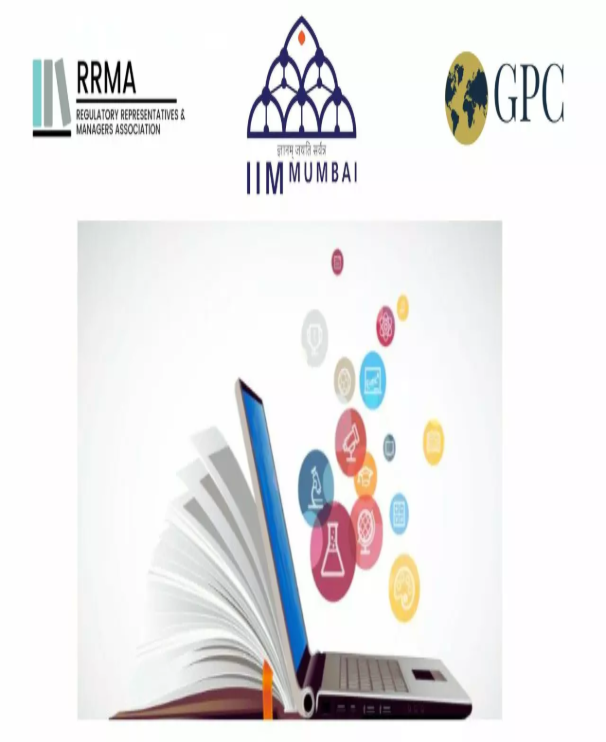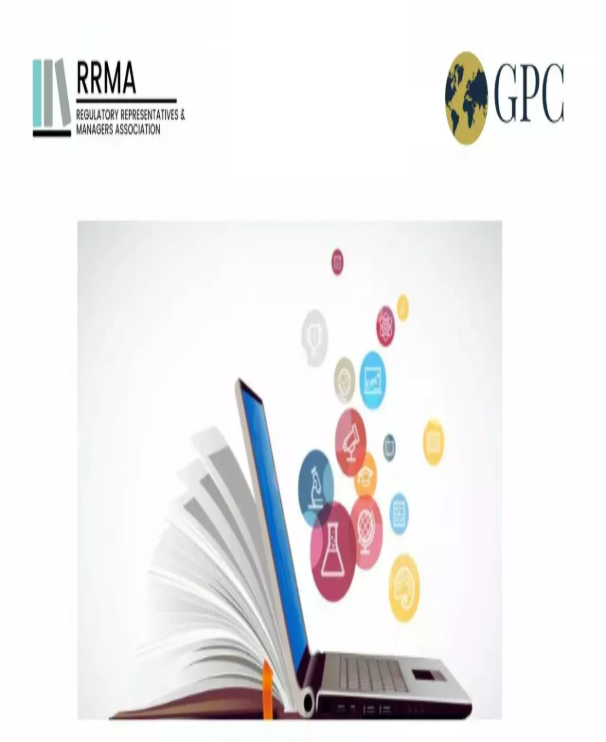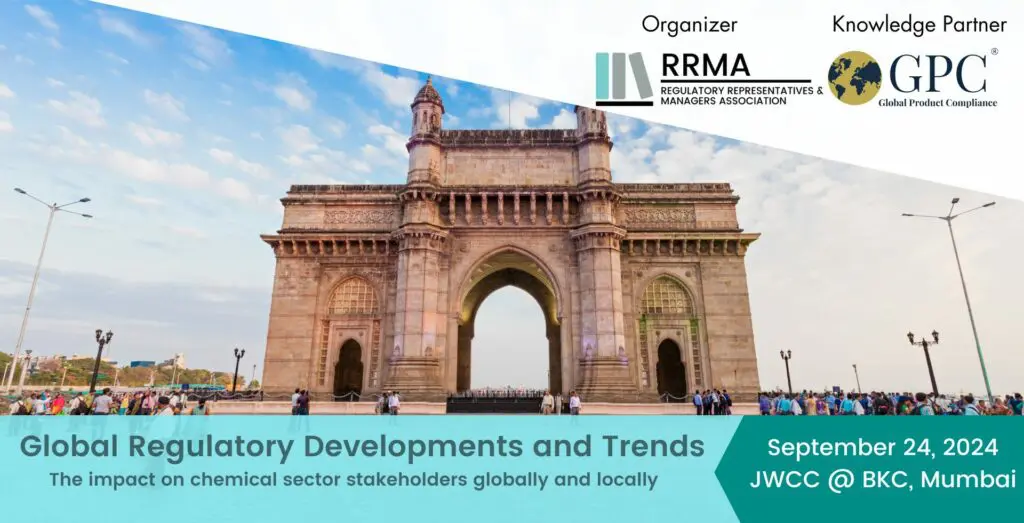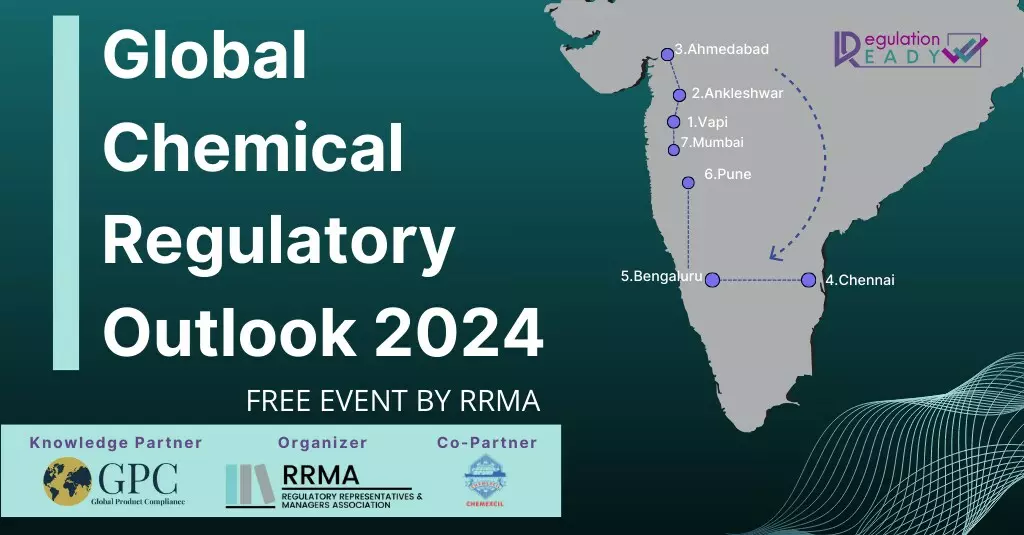0+
RRMA Members
0
Nationalities
0+
Organizations
To gain full access to our events, free courses,
certification
programme and training
Courses we offer
view all Courses

Chemical Safety Assessment For Regulatory Submission
Chemical Safety Assessment for Regulatory Submissions Course is an online certificate course designed for those who would like to understand, assess, and manage environmental risks associated with exposure to pollutants and industrial chemicals. The course is open to students and working professionals. T...

Fundamentals in Regulatory Management (Chemicals)
Product Compliance with a focus on chemical is an online course aimed at those who would like to know more about product compliance and its related chemical regulatory requirements. The course is open to students and working professi...

Certified Regulatory Professionals Program (Chemicals)
This is an online E-learning course specifically designed for those who would like to learn about and specialize in chemical product regulatory compliance, resulting in a Certified Regulatory Professionals (Chemical) Certificate from...
Events view all events
Regulatory News
On 28 April 2025, Singapore’s National Environment Agency (NEA) notified the World Trade Organization (WTO) of plans to tighten regulatory controls on two major agrochemicals: chlorpyrifos and paraq...
On 23 April 2025, the Department of Environment (DOE), acting as Malaysia’s Competent Authority under the Stockholm Convention, issued a reminder to industries involved in the export and import of c...
Update: On 1 April 2025, Japan’s MHLW, METI and MOE jointly published the revised manual for the methods, procedures, and documents to be submitted for notification and application procedures for ne...
Access our Resources View All Resources
Submit your email ID to receive notifications about upcoming courses and events



